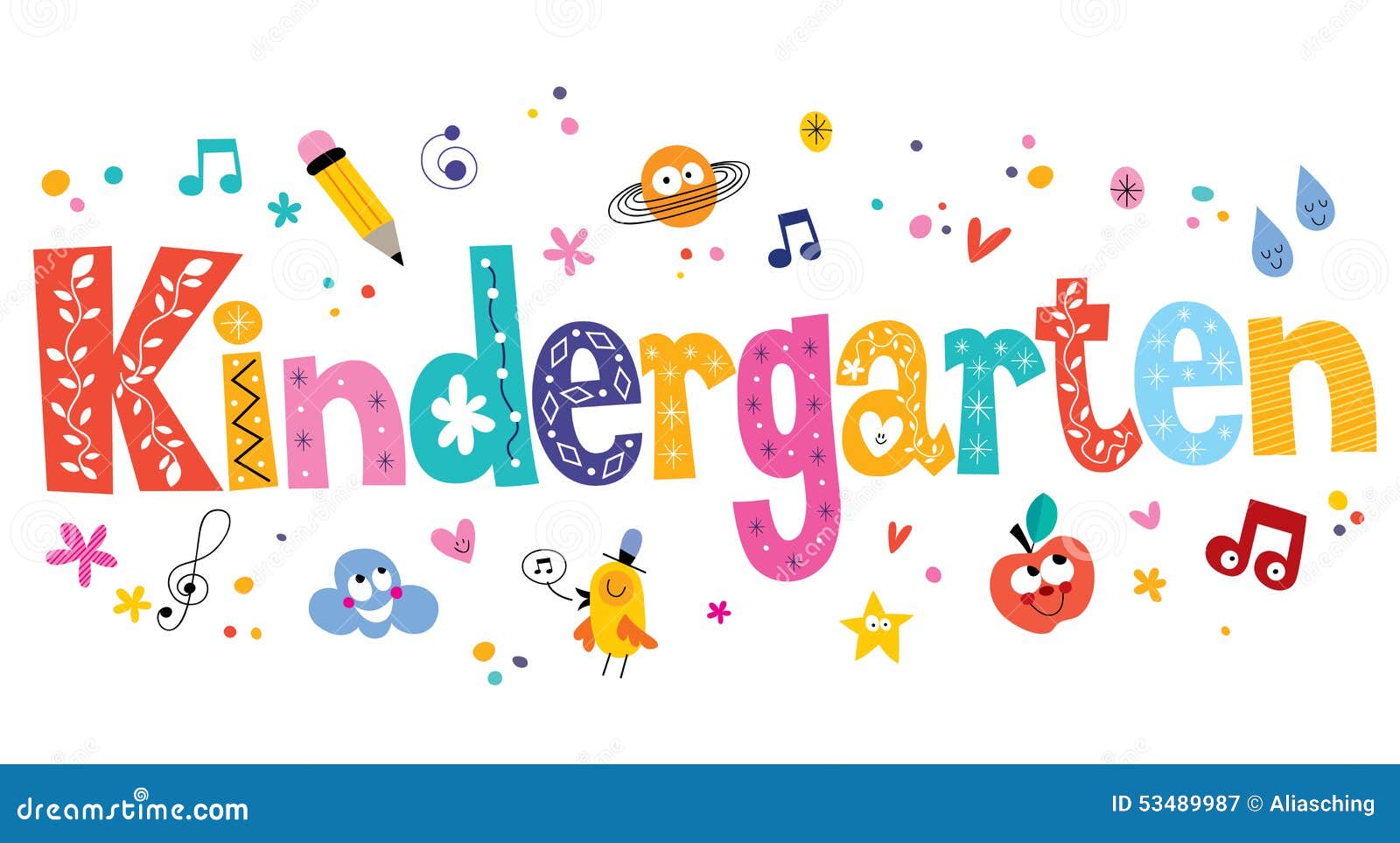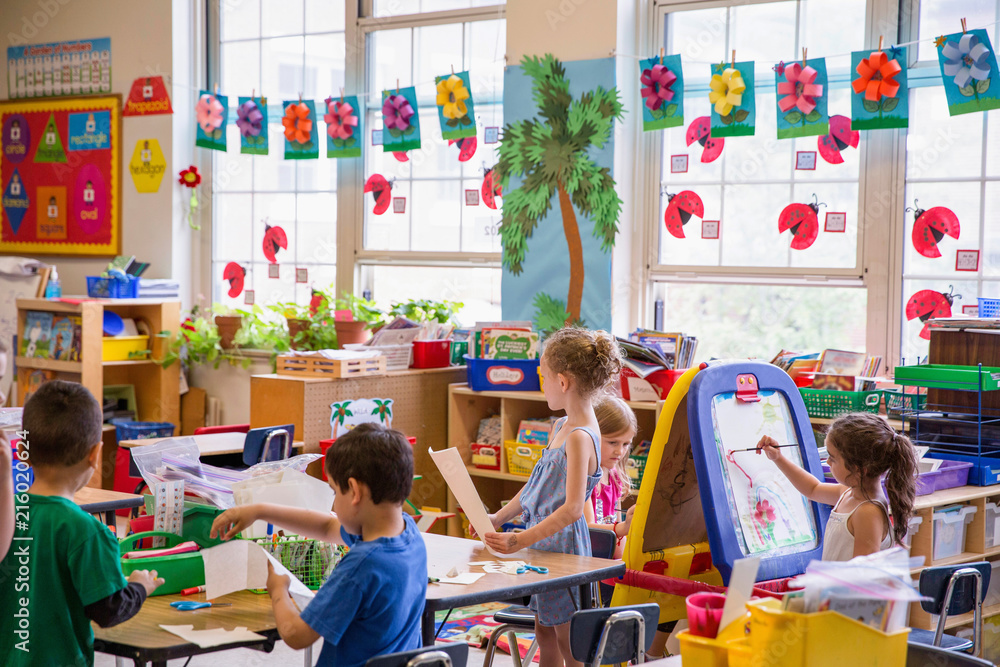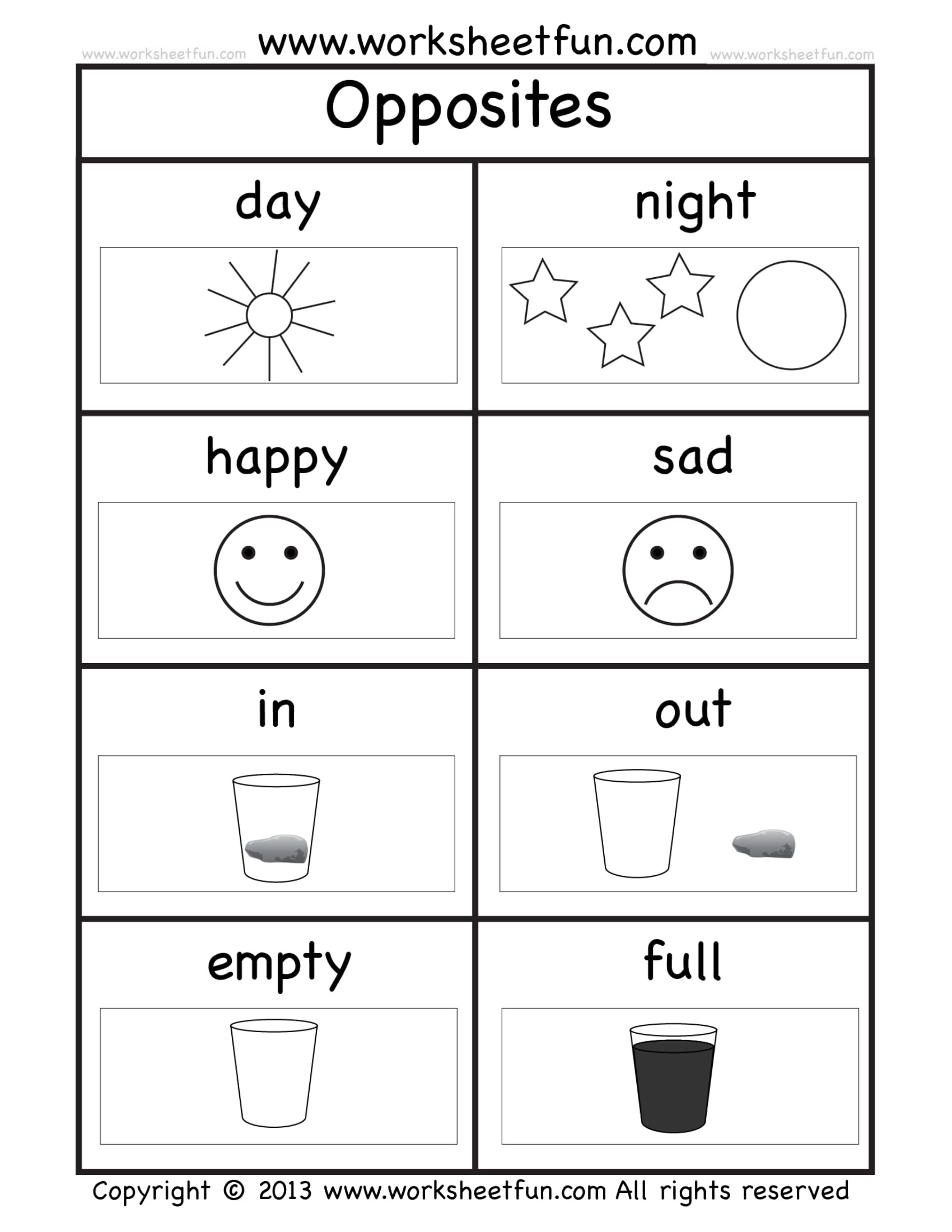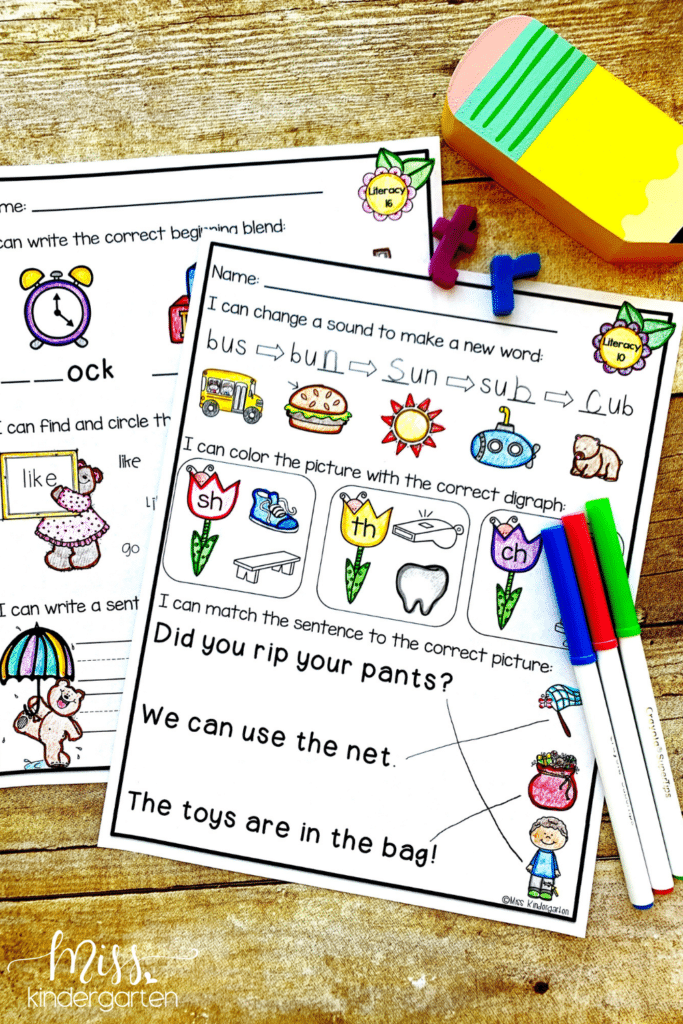In the United States, the start of the school day is crucial for setting the tone for learning. For kindergarten students, morning work plays a vital role in transitioning from home to school, building independence, and reinforcing essential skills. This article explores effective morning work activities that educators can use to create a positive and engaging start to the day.
The Importance of Morning Work in Kindergarten

Morning work refers to the set of activities that kindergarten students complete as soon as they arrive at school. These tasks are designed to be simple, engaging, and self-directed, allowing children to settle into their day without needing constant teacher instruction.
According to educational experts, morning work helps build school stamina, reinforces key concepts, and encourages independence. It also provides teachers with valuable time to handle administrative tasks like attendance and preparation while students get started on their work.
Key Components of Effective Morning Work
To ensure that morning work is both meaningful and beneficial, it should include a variety of activities that cater to different learning styles and developmental needs. Here are some essential components:
1. Literacy Activities
Literacy is a cornerstone of early education. Morning work should include activities that help students practice letter recognition, phonics, and sight words. Examples include:
– Letter Tracing: Worksheets where students trace uppercase and lowercase letters.
– Sight Word Practice: Flashcards or fill-in-the-blank sheets to reinforce high-frequency words.
– Beginning Sounds & CVC Words: Matching pictures to sounds or blending consonant-vowel-consonant words.
2. Math Activities

Math skills are also an important part of morning work. Simple math tasks can help students review counting, number writing, and basic operations. Examples include:
– Counting Practice: Worksheets with objects to count, number matching, or number lines.
– Number Writing: Tracing sheets from 1 to 20, including number words and ten-frame visuals.
– Simple Addition/Subtraction: Picture-based problems or number sentences to practice early math facts.
3. Fine Motor Skills
Developing fine motor skills is essential for young learners. Morning work can include activities that strengthen hand muscles and improve coordination. Examples include:
– Cutting and Pasting: Cut-and-sort activities or glue-based worksheets.
– Coloring and Drawing: Simple coloring pages or directed drawing exercises.
4. Thematic or Seasonal Activities

Thematic activities make learning more engaging and relevant. Teachers can incorporate seasonal or holiday-themed worksheets to keep students excited about their work. Examples include:
– Monthly Packs: Bundles themed around the month (e.g., apples for September, pumpkins for October).
– Holiday Worksheets: Special activities for Halloween, Thanksgiving, Christmas, and other holidays.
Tips for Using Morning Work Effectively

To maximize the benefits of morning work, educators should follow these best practices:
- Keep It Simple: Choose activities that students can do independently without constant assistance.
- Make It Routine: Place morning work in the same spot every day so students know what to expect.
- Match Their Level: Provide easier and harder versions of worksheets to accommodate different skill levels.
- Keep It Short: Limit morning work to 10-15 minutes to avoid overwhelming students.
- Use It as Practice: Focus on reinforcing previously taught concepts rather than introducing new ones.
Incorporating Technology in Morning Work
With the increasing use of technology in education, many teachers are incorporating digital tools into morning work. Some examples include:
– Digital Storytime: Reading e-books or online stories together.
– Online Weather Tracking: Using digital tools to track weather patterns.
– Interactive Whiteboard Games: Engaging games that promote movement and problem-solving.
– Virtual Field Trips: Exploring museums, zoos, or historic sites through virtual tours.
Conclusion
Effective morning work activities are essential for creating a positive and productive start to the school day. By incorporating literacy, math, fine motor, and thematic activities, educators can help kindergarten students build confidence, independence, and a love for learning. With the right approach, morning work can transform chaotic mornings into smooth transitions that set the stage for success.











More Stories
US Trending News: How to Claim Your Joy: A Guide to Finding Happiness and Inner Peace
US Trending News: Explore Www.hobbylobby.com: Your Ultimate Guide to the Official Site
When Is Trick Or Treating in 2024: A Complete Guide for Halloween